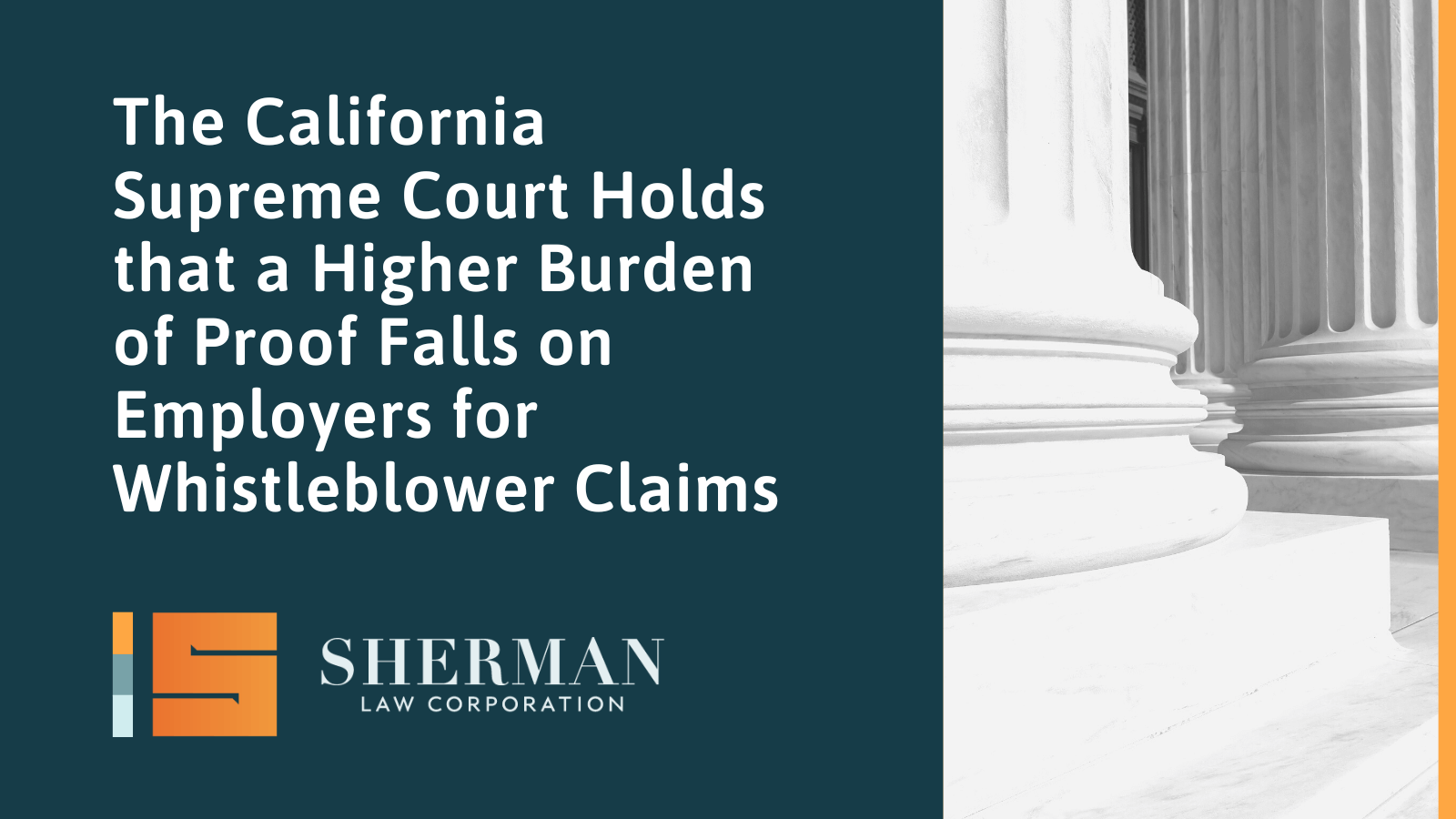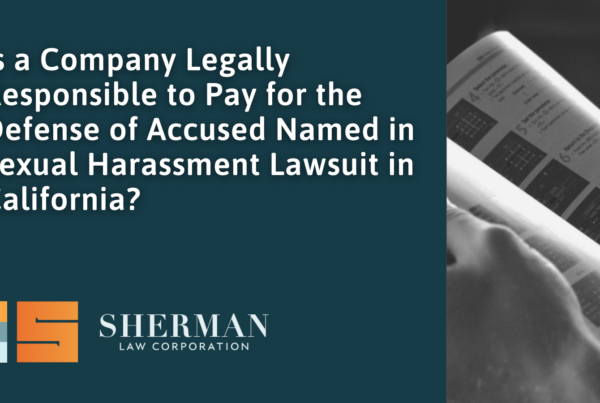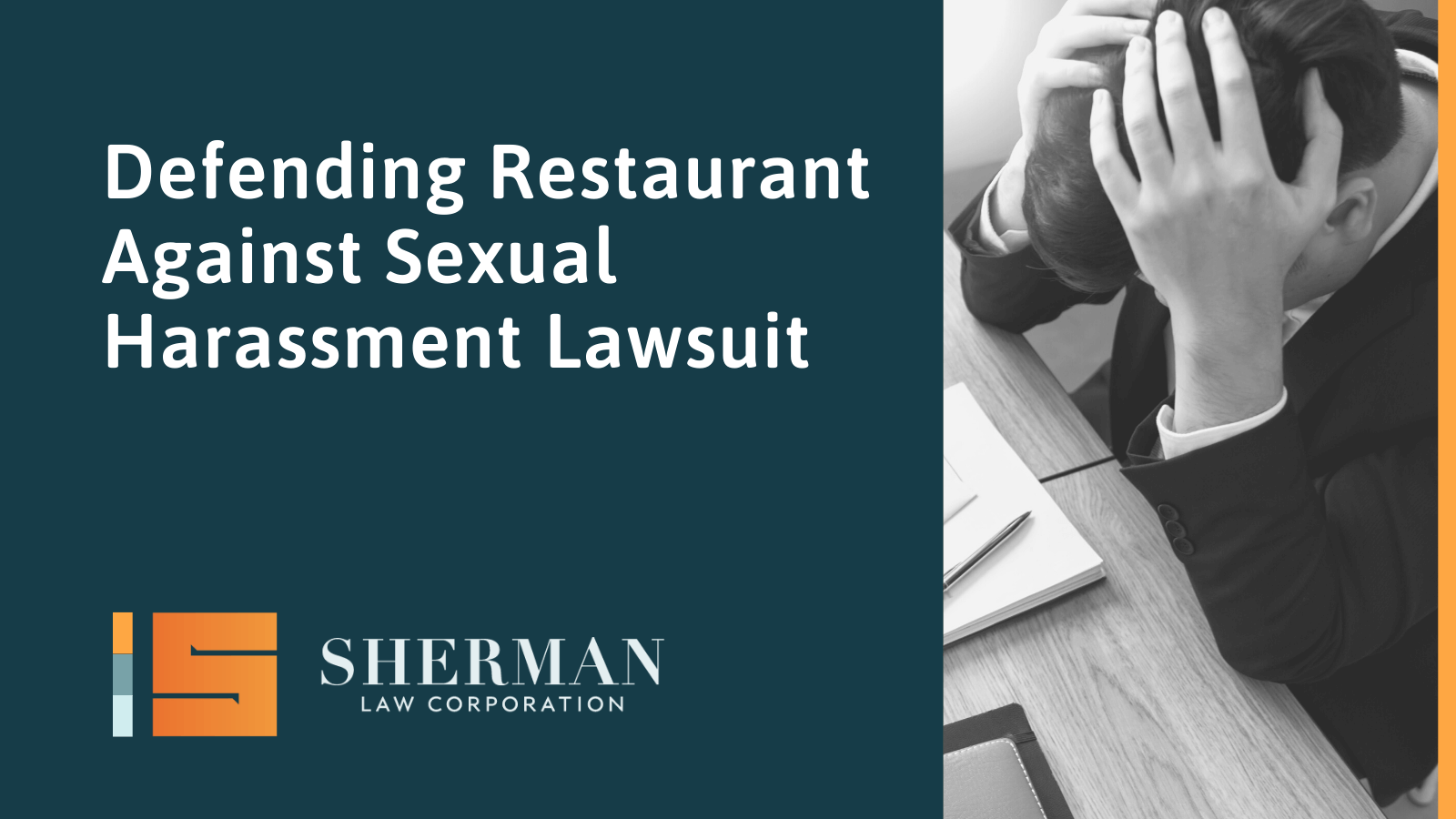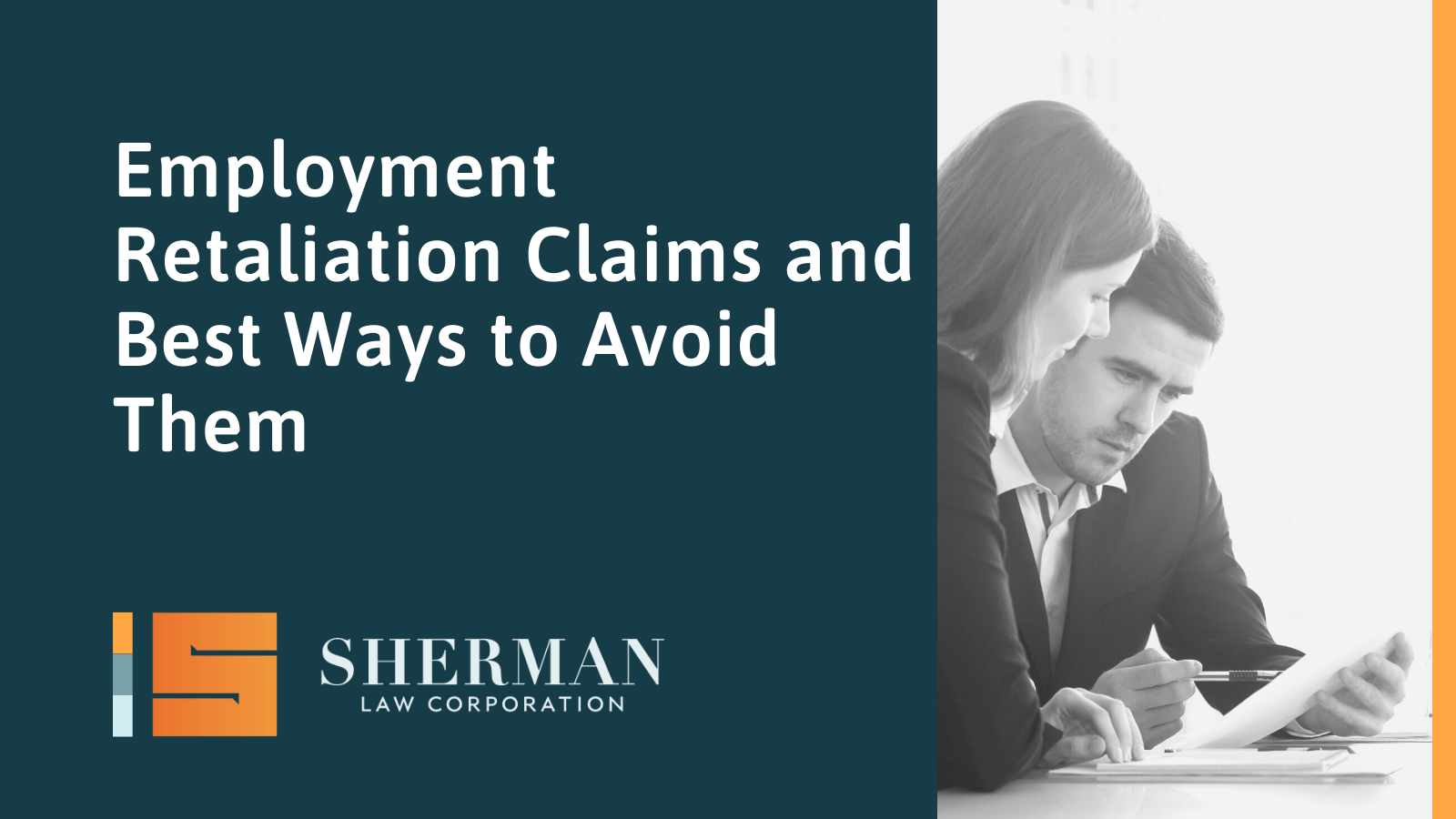
On January 27, 2022, the California Supreme Court in the case entitled, Lawson v. PPG Arcitectural Finishes, Inc.,12 Cal.5th 703 (2022) held that for claims under California Labor Code § 1102.5, the McDonnell Douglas test used in discrimination and retaliation claims no longer applies. Now, under Labor Code §1102.5, employers must prove by clear and convincing evidence that they didn’t retaliate against a whistleblower – a high bar to achieve.
From California employment lawyer Lisa Sherman, here’s what you need to know about this decision.
What is California Labor Code §1102.5?
California Labor Code § 1102.5 applies to any negative action that occurs to an employee – whether it is something minor such as a reassignment or more serious such as a termination.
If the employee proves that a negative action occurred to him or her because he or she was a whistleblower (even as a small part of the reasoning), then the employer may be held liable. It is then up to the employer to prove that the negative action had nothing to do with the employee’s whistleblowing but was planned out before, or due to issues after the whistleblowing and nothing else.
Unfortunately, no time limit was mentioned in the Court. This can cause issues with all adverse employment decisions even years after the whistleblowing. If the employer does not have specific documentation for the reasoning why an adverse/negative employment action was taken, then the employee will claim that it was due to his or her whistleblowing.
How is the burden of proof different now?
In contrast, the McDonnell Douglas test is a burden-shifting test used when a plaintiff employee lacks any direct proof of discrimination against them. However, all the employer has to do under this standard is provide a nondiscriminatory reason for the negative action.
The burden of proof shifts back to the plaintiff to prove pretext.
Under the new standard for Labor Code § 1102.5 claims, there is no more burden-shifting. Instead, it is solely up to the employer to defend their actions, so long as there is legitimate proof that an employee faced negative actions after whistleblowing.
What constitutes whistleblowing under Cal. Labor Code §1102.5?
Labor Code § 1102.5 is a whistleblowing statute.
Whistleblowing is where employees disclose or provide information to a government agency, or refuse to participate in activities that they believe are unlawful, and /or for exercising their legal rights.
Contact Sherman Law Corporation for more information
With this higher standard of proof, employers must be extremely cautious in taking adverse employment actions after an employee raises unlawful conduct and properly documenting it.
Contact Lisa Sherman at (323) 488-2087 to discuss how this decision might affect your business.




